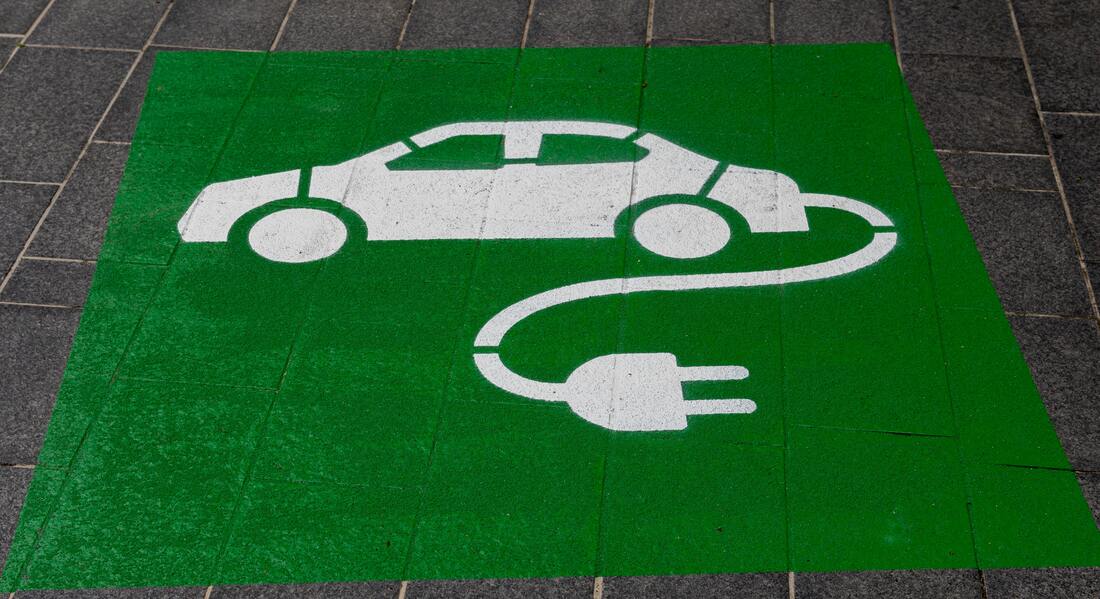|
“It’s a different product. Expenses will outweigh revenue on the product for this time, and some dealers may not want to make the investment.” This honest opinion, expressed by the President of the New Jersey Coalition of Automotive Retailers, sums up a key challenge that has been lost in the excitement around electric vehicles.
Sales channels are essential to successfully creating new markets, yet they often lack motivation to push new offerings. Their influence can be neglected, but it is massive. As often happens with new markets, the technology of electric vehicles (EVs) has received tremendous attention. Huge budgets are dedicated to improving battery capacity, charging times, and vehicle weight. The industry is focused on end users’ demand, and estimates of their speed of adoption range vastly. In the midst of this hubbub, the comparatively dull endeavor of moving EVs through dealerships seems straightforward. It is not. Channels frequently squelch innovation due to their short-term orientation, focus on costs, inability to train customers, and adherence to traditional business models. Each of these factors threatens EV take-up. The pay-off from unleashing demand for EVs will come as sales grow in a few years, not immediately. With margins already thin, many dealers will not have that patience. They also may not have the stomach to take on the costs of training staff, financing expensive inventory, and dealing with extensive questions from buyers who may well go back home to ponder the decision before taking the plunge. Their staff may be ill-suited to training customers, and they may calculate that other firms should do the customer education first before the dealer gears up to reap the rewards. To cap it all off, they see their current profits being generated largely through their service operations, and EVs should require less service than internal combustion alternatives. So, why sell a Leaf when you can sell an Altima? It is easy to hope that dealer resistance will be neutralized by buyer enthusiasm. Certainly that is likely to be true for the very first wave of sales. The customers pre-ordering 20,000 Nissan Leafs did not need dealers to persuade them. But this is a sliver of the market. A huge proportion of customers walk into dealerships uncertain of what they will buy, or whether they will buy at all. As banks, insurance companies, cellular firms, and many others have found, a face-to-face channel can be essential for sales, despite all the channel’s inefficiencies. Dedicated EV dealers may help to address some of the initial hurdles, but given the crowded dealer landscape they may struggle to find a long-term customer base. To circumvent the roadblocks, auto manufacturers will need a multi-threaded strategy that addresses financial concerns, provides staff training, and reaches out directly to end customers like never before. Super Bowl ads are great fun, but they are unlikely to create committed purchasers. BMW’s Mini has stood out as one brand that tightly integrates direct marketing with a distinct dealer experience. We shall see if others adapt that playbook. New products are typically created by enthusiasts who like new technology, and they tend to focus on the technical side of the offering. But ultimately market creation is about sales. If sales channels are not fully on board, they can cause havoc for even the most elegant technical solutions. Story by Steve Wunker. Comments are closed.
|



11/2/2010